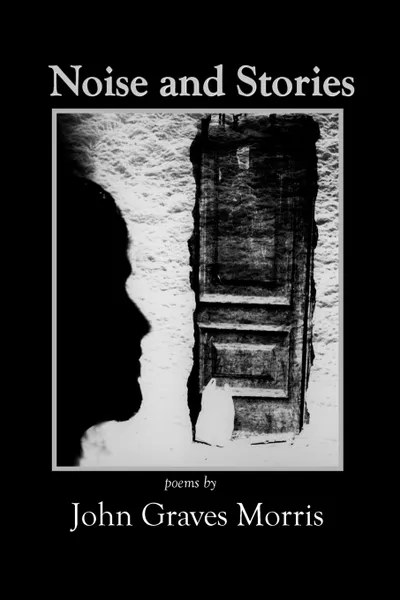Noise and Stories 14+
Автор: John Graves Morris
96 страниц
Категория: Литература на иностранных языках
ISBN: 9780911051568
Язык: Английский
📘 With a bow to recent masters like Justice, Wright, and even Nemerov, John Morris’s poems explore the uncertain footing of middle age. The characters we meet are clear-eyed, straight-faced, occasionally nonplussed. They’re uncertain of their allegiance to either comfort or anguish. And their ciphering of the debts and credits of their days creates little dramas we can recognize as something like our own. Cars are “rust-colored, late-modeled;” poems “twist into failing origami;” and an old high school yearbook “needs a vacation. It needs a drink.” The lines dissect moments and events as if each implication must be given its due. Sentences surprise and involve us, somehow intuiting their own inevitable ends. Richard Terrill, author of Fakebook and Coming Late to Rachmaninoff This is the new West—harsh sunlight shining onto office complexes and strip malls and—just past the purview of respectable people—onto pawn shops, Indian casinos and meth labs too. These elegiac poems describe the loneliness of eking out a decent life in an inhospitable context, keeping lassitude at bay, the depleted sense your recent last shot at joy, your grief over someone’s death by natural causes, the meted-out unhappiness that is our human portion, constitute problems too small, too merely ordinary, to matter. These poems depict transgression and desperation in local headlines but also the transgression and desperation we find as we examine our own quiet, obedient lives. Even while Noise and Stories mi...
Мнения
